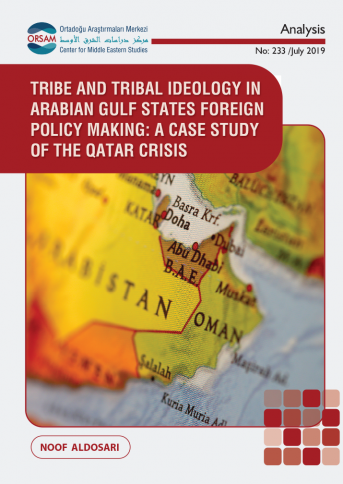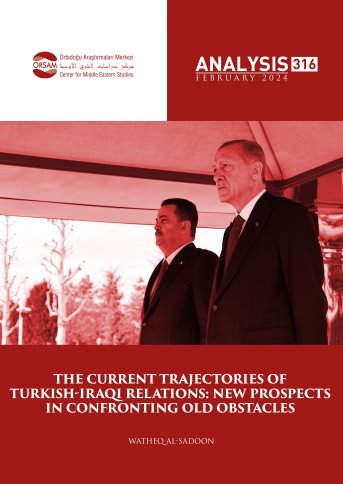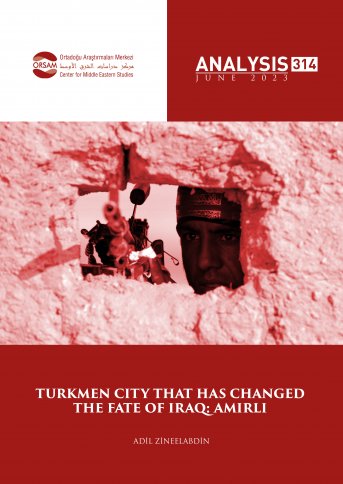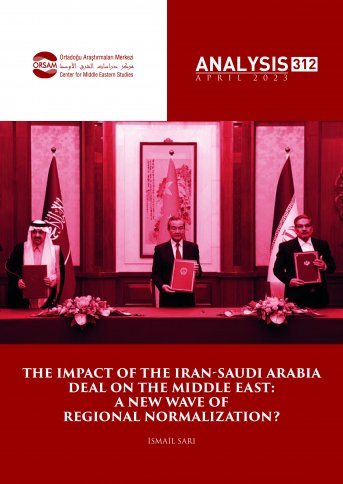
Tribe and Tribal Ideology in Arabian Gulf States Foreign Policy Making: a Case Study of the Qatar Crisis
Largely unacknowledged in the international media, the blockade against Qatar, led by Saudi Arabia, UAE, Bahrain and Egypt has been in place since June 2017, the standoff persisting until today. The quartet’s justification for continuing the blockade is Qatar’s foreign policy. According to them, Qatar finances and supports terrorism in the region. Basing their allegations on the 2014 agreement that Qatar signed with the Gulf Cooperation Council (GCC), they claim that Qatar has violated this agreement. Qatar, on the other hand, denies these allegations and has garnered regional and international support for its position.
The ramifications of this action have stirred up a crisis which continues to affect the social and political relationships between the Gulf States, most importantly the members of the Gulf Cooperation Council (GCC). In imposing the blockade, the leaders have undergone a tremendous shift in their foreign policy towards their fellow GCC member. The crisis has given rise to numerous questions, predictions and concerns, including whether it signifies the first domino in the gradual collapse of the GCC.
Nonetheless, upon analysing the historical relationships between the Arabian Gulf states, it is found that the Qatar crisis is not a new phenomenon in the Gulf but part of the political struggles that have spanned the life of these states. However, the political struggles of the present day differ from the conflicts of the past because of the new political context and, most importantly, the political ideologies that the leaders of the Gulf states have come to adopt. Hence, the characteristics of the Khaliji (Gulf) leaders, especially those imposing the blockade, are best understood within the framework of their political ideology and political discourse. This can be analysed through what I call the role of “tribal ideology in Khalijism”1, which has existed in the context of Khaliji politics both before and after the formation of the Arabian Gulf states.
My paper will focus on understanding the reasoning of the leaders of the blockade by studying their foreign policy discourse ― their foreign policy decisions, the role of tribal ideology and their use of the tribe in their foreign policy making towards Qatar. My paper will employ the method of discourse theory and discourse analysis.







